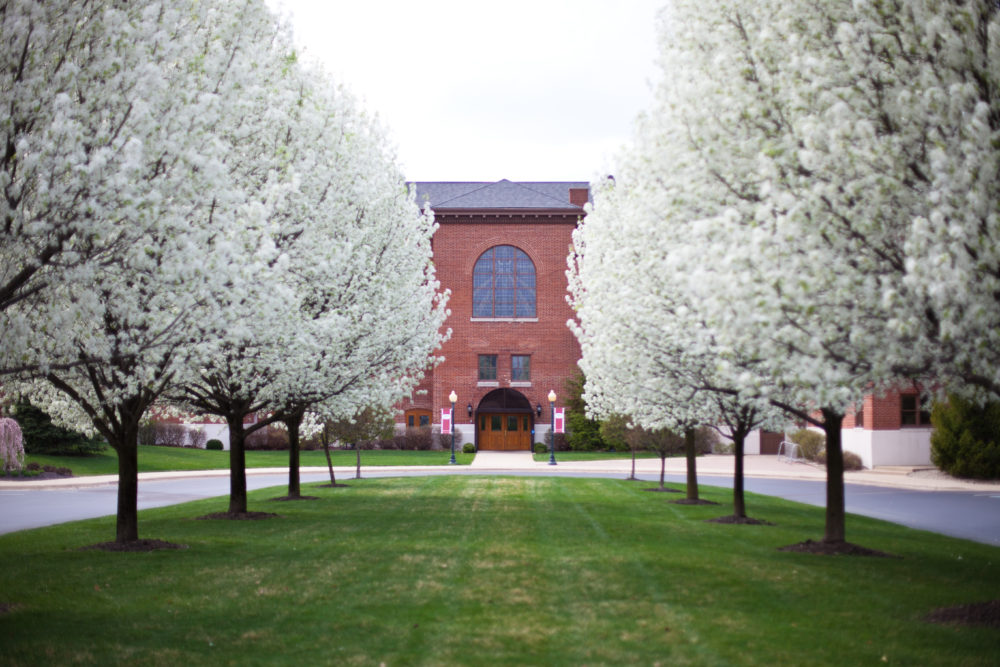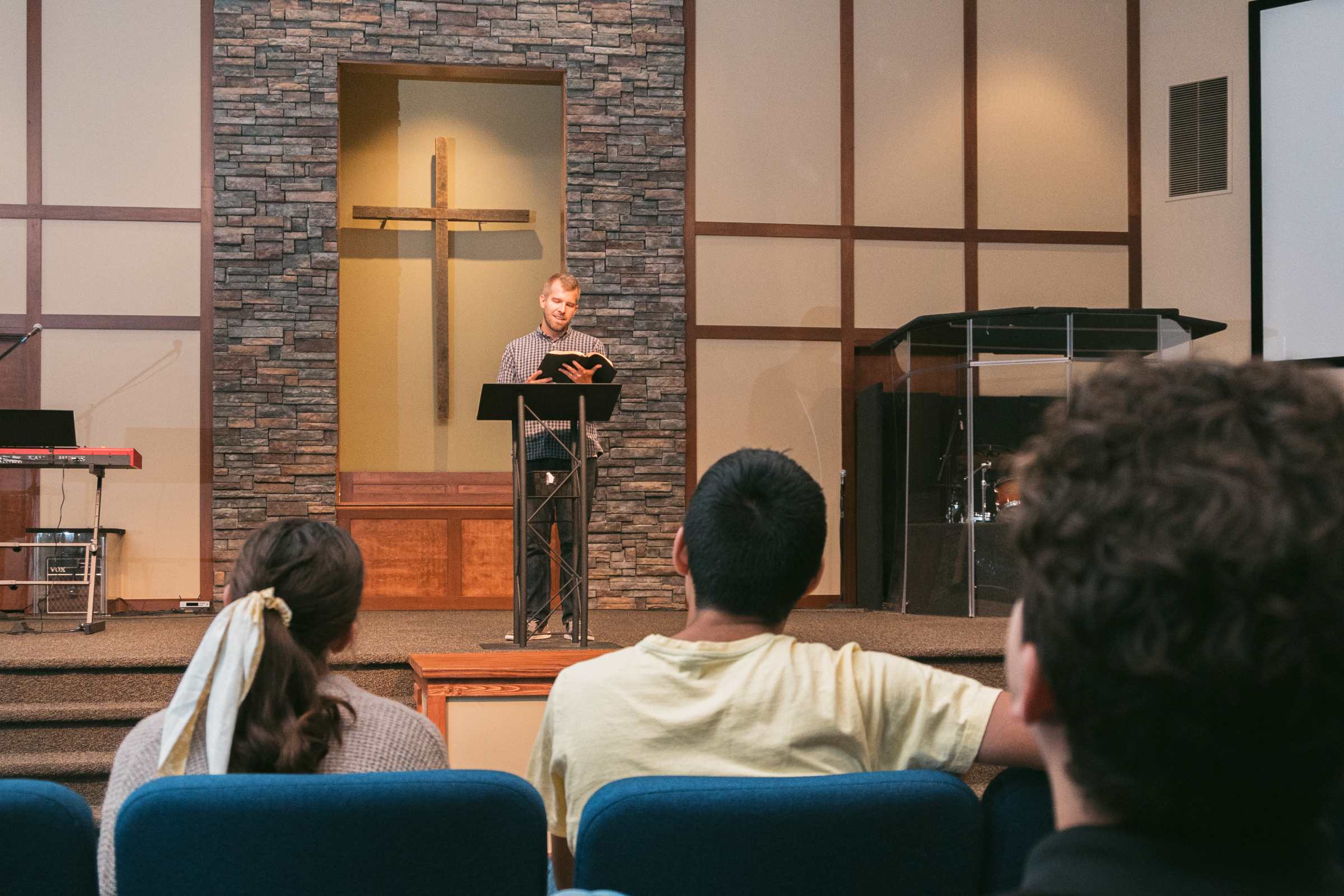October 21, 2021
The Importance of Church Leadership: Choose Your Rabbi Carefully
Written By Grace Theological Seminary
Tagged With Preaching & Pastoring Ministry Dr. John Teevan

As children, we may not give even a first thought to our ability to choose our church leadership. We are placed in classrooms where adults volunteer their time to educate us on the basics of Christianity. We are introduced to pastors and ministry leaders who, in our minds, have always existed in those positions. We saw no need to be concerned with their resumes or their ability to lead.
Our adult lives reflect our upbringing, our education, our disposition, and we serve based on God’s word and our spiritual gifts. This is appropriate. But we are also following, mostly unconsciously, an idea, a method, or an approach that is based on someone we deeply respect. You say it is God: fine. I say it may be your chosen rabbi. You say you do not have a rabbi; I say you may have a blind spot.
How can I say this? I know a good guy who can’t quit quoting his rabbi from his seminary days. He is all in. He would say he is not quoting anybody; he just studied the Bible and he has come to his own conclusions. Is he a disciple of this rabbi? Yes, and all the more so if he is willing to lose his job over it. He did.
Back in the day, John the Baptist had a circle of followers. He was their rabbi and they, Andrew and Peter, chose him. When they left John for Jesus, they clearly risked being very disloyal, but John graciously, humbly, and wisely, said, “He must increase and I must decrease.” They left one rabbi for another…one whose shoelace John the Baptist was not worthy to untie.
“Rabbi, make your disciples behave.” Rabbis have disciples…a circle of followers. Not the guys in the local parish or neighborhood, but the ones who have chosen him…even from far away.
My advice: identify those captivating rabbis who may lead you astray. That super cool, but bad-boy theologian in church leadership. He gets invitations to speak, but the church board may fire him. He is cool and he has your heart. He is not for you. Perhaps he is super old school. My advice remains the same; flee.
Maybe your rabbi is John MacArthur or John Maxwell or Andy Stanley or Max Lucado or John Eldridge; all good guys and worth following. All have a strong and clear direction. All have enemies. Choose carefully. All are far away and maybe you have not even met them. You have been to their seminars, read their books, and quote them often. Nothing wrong, but you cannot really know them unless you are with them in their local situation and on their church leadership team. Choose carefully.
Maybe your rabbi is the lead pastor who invited you to join the staff of the church you now serve. You have learned a lot from him. Good. Let him be your rabbi. Maybe not forever, and beware of defending him to the max even when you know he has missed the mark or failed on a particular issue or with some personal habit.
We live in a context where we barely have denominations; we are losing touch with our theological frameworks, and we are seeing the church innovate and change with dramatic speed. We cannot find the old tracks to run on, and we wonder how to get through all the myriad of choices and options. Choosing a rabbi is a good way. Just choose carefully.
Lastly, consider this: are there people who see you as their rabbi? Don’t take your church leadership role lightly. In fact, it’s absolutely vital that you ensure you are equipped to lead God’s people by taking the necessary steps to do your job well. Does your life honor Christ? Is your theology sound? Are you equipped to carefully exegete the word of God?
Depending on the role you play in the church, your next step might be getting a ministry leadership degree from Grace Theological Seminary.
Increase your competency. Lead well. Go with Grace.
John Teevan
John Teevan is the Adjunct Professor in the Seminary and SOMS. He has taught a variety of courses since 2000. He comes from two long pastorates and twelve years working for Grace College in the Indiana State Prison system as an educator/director. He also served in the four cities where Grace worked to open commuter sites. These diverse experiences along with community involvement have sensitized him to social side of ministering to people in a variety of situations. A five-year engagement with the Acton Institute led to the publication of his book on Social Justice.
Share
Tagged With Preaching & Pastoring Ministry Dr. John Teevan



